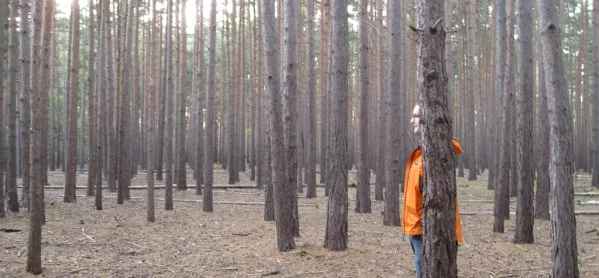The extent of the secrecy surrounding decisions about academies has been laid bare by a Tes analysis highlighting the volume of information kept from the public.
Only 3 per cent of the documentation relating to one cycle of headteacher board (HTBs) meetings in October and November last year was published.
The eight HTBs across England advise and challenge regional schools commissioners (RSCs), whose powers include turning schools into academies and deciding who runs them.
During this cycle, the HTBs received 1,016 pages of documents, but only 32 pages of minutes were published.
And even when Tes obtained the full set of papers using the Freedom of Information Act, they were heavily censored, with most of the information blacked out in 295 pages.
Maurice Frankel, director of the Campaign for Freedom of Information, said: “It’s obviously an area where the [Department for Education] does not want great scrutiny.
“It’s probably an area where a lot of things are at stake in terms of demonstrating the success of the policy, so they may not be keen to expose too much of it to scrutiny.”
In making the redactions, the DfE relied on rules designed to protect commercial interests and personal information, and avoid “prejudice to the effective conduct of public affairs”.
Geoff Barton, general secretary of the Association of School and College Leaders, described the minutes as “skimpy”.
And Tes has discovered that in some cases they leave local communities in the dark about the fact that the future of their school was even under discussion.
The four pages of minutes for the 13 October meeting of the south-east England and south London HTB refer to a discussion about “the University of Brighton Academy Trust’s proposal to establish a new hub”.
The papers obtained by Tes show this could have seen Overton Grange in Sutton, a school with 1,200 pupils, giving up its status as a standalone academy and joining the university’s organisation.
Tes also found that the online register of interests of RSCs and HTB members was almost a year out-of-date, and did not include any information about two RSCs and 10 HTB members.
The DfE updated the register within days of Tes highlighting the issue.
A DfE spokesman said: “All decisions made by headteacher boards are subject to rigorous oversight and analysis. A significant amount of information is published online and redactions to the minutes of meetings are made in accordance with government guidelines in order to protect commercially sensitive information.”
This is an edited article from the 14 July edition of Tes. Subscribers can read the full article here. This week’s Tes magazine is available in all good newsagents. To download the digital edition, Android users can click here and iOS users can click here
Want to keep up with the latest education news and opinion? Follow Tes on Twitter and like Tes on Facebook




